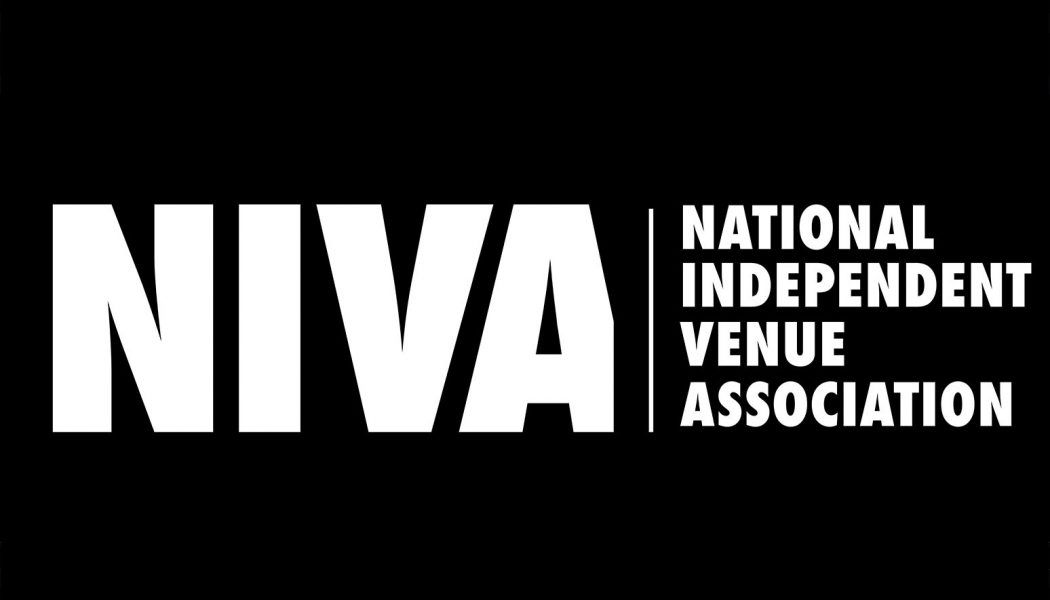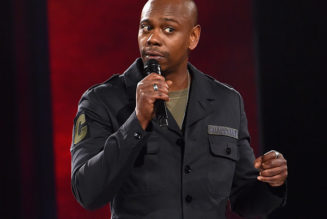
“One of the components of Save Our Stages Act is that should this continue longer than any of us want it to continue — which it already has — but should there be a need for additional funds, it’s part of the language of this program,” said Rev. Moose on the panel, adding that the act takes into account that more funding could be necessary depending on the duration of the pandemic.
Rev. Moose continued that while he is not a “political soothsayer,” he does believe the bipartisan appeal of the SOS Act could mean an easier and more efficient path to additional funding if venues are forced to keep their doors shuttered for longer than expected.
“I don’t know what the future is going to bring, but I would hope that if there is a need for additional COVID funding, that the government is able to move faster for the next time than what we experienced through the past year,” said Rev. Moose, who is also the managing director of consulting agency Marauder.
As for applying for funding from the recently-passed act, Rev. Moose explained to eager applicants on the virtual conference that they will need to get in touch with their local Small Business Administration as they write and implement regulations to administer the SOS program.
“If you are an independent venue or a promoter, the best way to stay informed is to become a member of NIVA. We’re going to be pushing this information out to our members, as soon as we have it,” said Rev. Moose. “There isn’t much information to share right now other than to get your materials ready.”
NIVA’s website currently hosts a breakdown of the SOS Act text and details who is and is not eligible to receive relief. Torres encouraged those listening to gather information on their 2019 and 2020 revenues for the upcoming application.
“Nothing’s happening fast enough, but there’s priority periods and the priority periods will help those most in need,” says Rev. Moose. “That’s the whole design of this bill – to begin with is to help those with the most need.”
The bill’s language states that only applications from businesses that lost 90% or more of their 2019 revenue in 2020 will be accepted within the first 14 days of the process. After 28 days, any eligible entity may apply for an initial grant. Applications for supplemental grants are not expected to be accepted until Apr. 1 or later.
In addition to information on the SOS Act, the discussion focused on what NIVA plans to do now that their most critical goal has been achieved.
“Literally everything we did for the last 10 months has been in pursuit of the help to save our stages. That’s what we’ve done,” said Rev. Moose. “[Going forward] it might be the NIVA Emergency Relief Fund as a fundraiser or it could be a festival that would be a fundraiser into that.”
Last week NIVA’s Emergency Relief Fund provided $3 million in critical short-term assistance for 153 independent venues and promoters throughout the U.S. The funds collected were attributed to donations from music fans, artists, and corporations, as well as from the SOS Fest that took place from Oct. 16-18.
According to Rev. Moose, the organization’s ongoing goals will also include serving as a “brain trust” for independent venues where members can share best practices and, as shows begin to return, updated safety guidelines on how to welcome fans back to live music. He also stated that NIVA would like to work with venue owners on priorities like financial literacy and addressing the lack of diversity in the live music space.
“I think our responsibility has to include the growth and the prosperity of the community nature of the business and then what we can do to better the world around us and those that interact with it,” said Rev. Moose.









